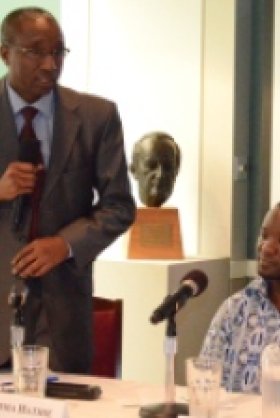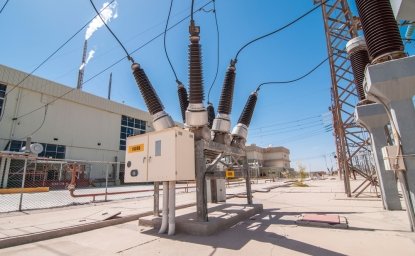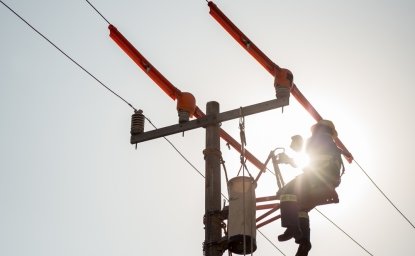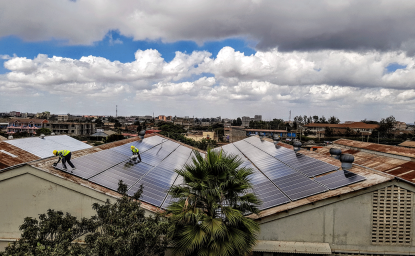Energy and Food Security in Sub-Saharan Africa: Global Crisis, Local Impacts



Agriculture and energy production play an enormous roles in Sub-Saharan Africa (SSA). The agricultural sector, which accounts for 30% of GDP, is an important source of export earnings and remains the major sector absorbing the growing labor force and could be a driver for economic growth and poverty reduction. Energy, on the other hand, is widely recognized as fundamental to the development of Africa, but policies do not seem to set clear priorities stemming from African needs. This paper provides detailed analysis on the food and energy crisis in Sub-Saharan Africa through the glasses of African stakeholders, using Ghana and Senegal as case studies. It then critically examine the extent to which agrarian political struggles have been provoked by the new land investment dynamics and their consequences on energy and food security.
For more information on the Institute Prospective Agricole et Rurale, please click HERE.
For more information on Ghana's Center for Democratic Development, please click HERE.
Authors

Africa Program
The Africa Program works to address the most critical issues facing Africa and US-Africa relations, build mutually beneficial US-Africa relations, and enhance knowledge and understanding about Africa in the United States. The Program achieves its mission through in-depth research and analyses, public discussion, working groups, and briefings that bring together policymakers, practitioners, and subject matter experts to analyze and offer practical options for tackling key challenges in Africa and in US-Africa relations. Read more


Environmental Change and Security Program
The Environmental Change and Security Program (ECSP) explores the connections between environmental change, health, and population dynamics and their links to conflict, human insecurity, and foreign policy. Read more

Explore More
Browse Insights & Analysis
Mexico Energy Industry Transformed By Constitutional Reforms


